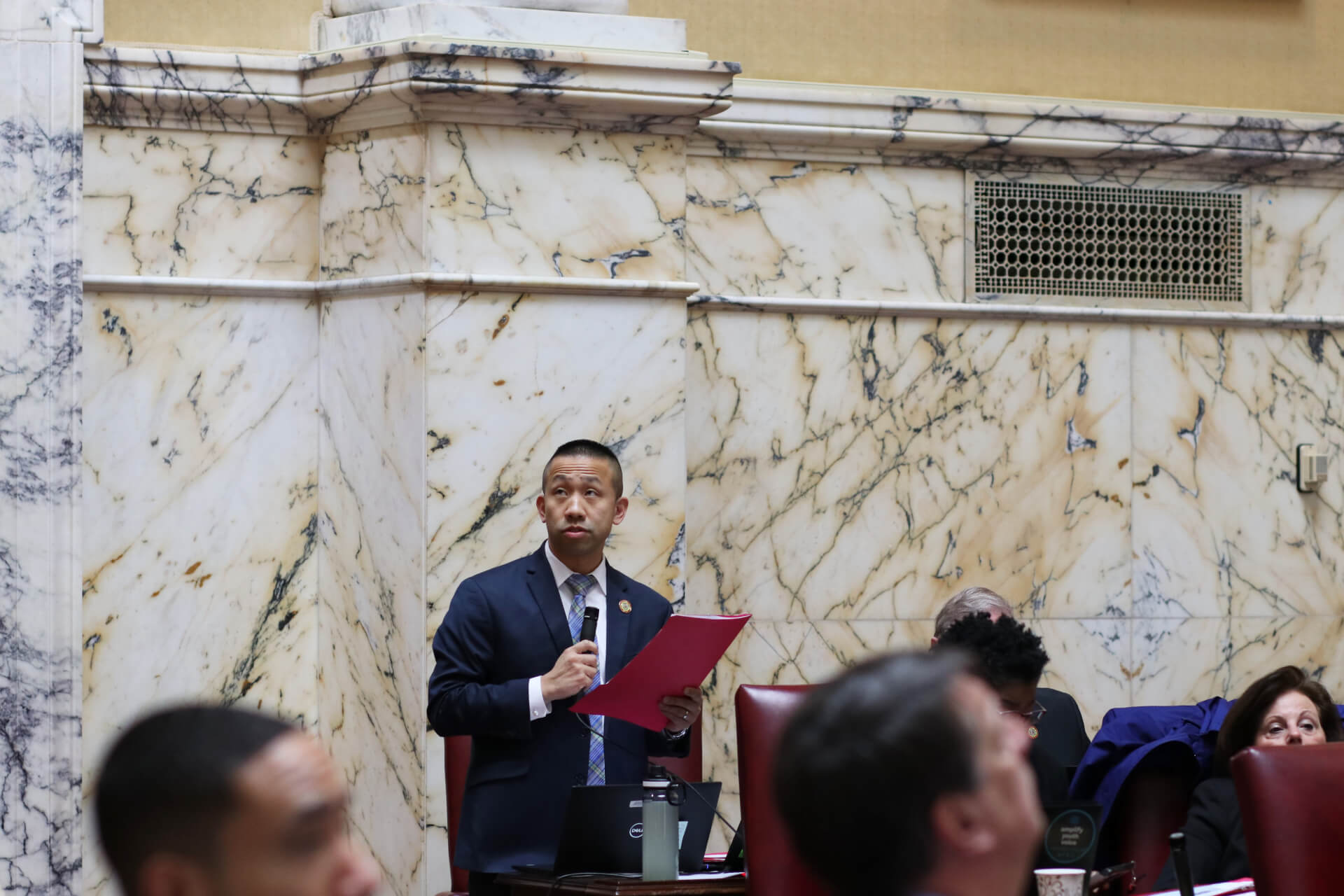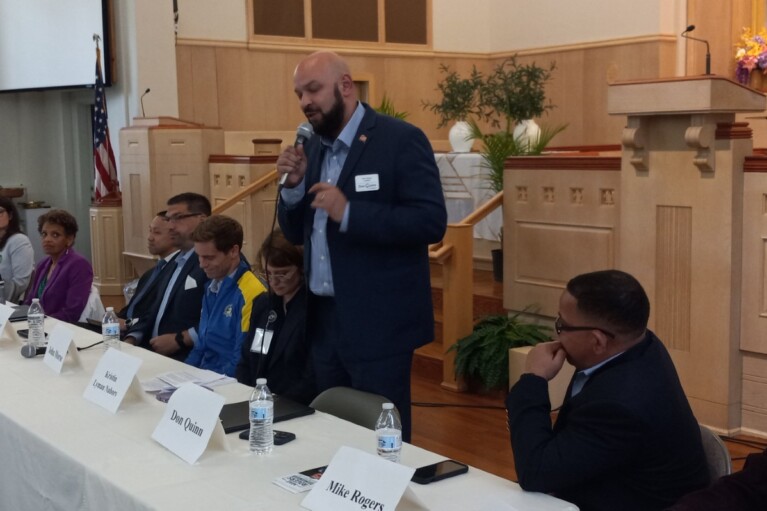Opinion: Howard County school legislation is a real threat to democratic rule

By Sanjay Srivastava
The writer is president of the Indian Cultural Association of Howard County.
In recent weeks, we have begun to see the truth behind the oft-told adage: “Elections have consequences.”
Following this year’s gubernatorial election, a new measure, HC Bill 10-23, now challenges our basic conceptions of democratic rule. The chairs of the Howard County delegation, Sen. Clarence Lam and Del. Courtney Watson, proposed this legislation less than a week after the Nov. 8 general election. Their bill will fundamentally change our county’s all-elected school board model to include two appointed members and three elected by gerrymandered state Senate districts.
Few measures have managed to unite Democratic, unaffiliated, and Republican voters. Leaders from all political leanings have voiced their opprobrium to this proposed legislation and to what they deem as a power grab by local politicians to pack what is to date, a locally-elected body.
Their concerns are valid: While many Maryland jurisdictions are seeking to expand the franchise to allow voters, not politicians, to choose their Board of Education leaders, this proposal removes the direct electoral connection between several school board members and the voting public. It is a swift and sure march toward authoritarianism and rule not only by one party but in fact by one individual.
There are a few other aspects of this legislation that are particularly concerning. First, the bill was never mentioned nor cited prior to Election Day 2022. Its timing was kept under wraps until after the results came in and incumbents like Watson, Lam, and Howard County Executive Calvin Ball declared victory. The bait-and-switch tactics seem dishonest at best and at worst, indicative of bigger problems yet to be revealed.
A second concern is that in partially removing the direct election of school board members, the proposed legislation empowers politicians who raked in hundreds of thousands of campaign dollars from lobbyists and big developers. Howard County Executive Ball, for example, reported receiving $8,500 ($2,500 over the legal limit) from a local land developer Donald Reuwer. This contribution was coupled with contributions from Reuwer’s family, employees and affiliated business entities, which in total contributed more than $90,000 to Ball’s re-election campaign.
Maryland law specifies the $6,000 donation limit applies to business entities if the individuals owning over 80% of them are the same. The same holds true from the bill’s sponsor, Courtney Watson, whose campaign finance reports show her taking in over $150,000 for her re-election campaign. Many of her campaign donors include land developers, political action committees, and lobbyists.
Thirdly, the bill is scheduled for public hearing on Dec. 14, but this hearing only allows for in-person testimony on the first night and not via Zoom. Moreover, the hearing does not allow for advance sign-up. This means that working parents must come in person to the George Howard Building in Ellicott City during a small window of time (30 minutes), wait in line to sign up, and hope they will be selected to testify against this bill. The decision smacks of stifling debate and ensures that only a handful of opponents will have their voices heard.
Lastly, the bill challenges our conceptions of the Equal Protection clause of the U.S. Constitution. In 2020, Board of Education districts were modeled after councilmanic districts due to concerns that all regions of the county were not being equally represented. The proposed bill will replace two of the current councilmanic district-elected board seats with members who appointed by the county executive who could come from any geographic region.
Moreover, by replacing councilmanic districts with state Senate districts, we encounter the problem that board members will be representing areas that at the present time are not roughly equal in population. Districts 9 and 12 span more than just Howard County.
As one author notes, “What happens if, following the 2030 Census and reapportionment/redistricting process, Howard County has a sliver of one senatorial district consisting of only a few hundred voters?” Voters in this small sliver will have their very own Board of Education member. This bizarre disparities in representation show that this measure was not legally thought out and would likely not pass a Constitutional smell test.
President Biden warned us that “democracy was on the ballot this year” but few of us would have thought that the real threats would come not from MAGA-branded Republicans, but from Democratic politicians in our blue-ish county. HC Bill 10-23 should be a wake-up call to all of us and should remind us that ethics and the future of our democracy matters.
Money corrodes politics, which is why it is important that policy decisions are placed in the hands of actual voters and not pay-to-play incumbent politicians who slide to re-election with fistfuls of cash. Our voices should not be drowned out and on Dec. 14, it is important that everyone of us step up to speak out against this bill.
For more information on how to testify, check out: https://www.howardcountymd.gov/state-delegation




 Creative Commons Attribution
Creative Commons Attribution